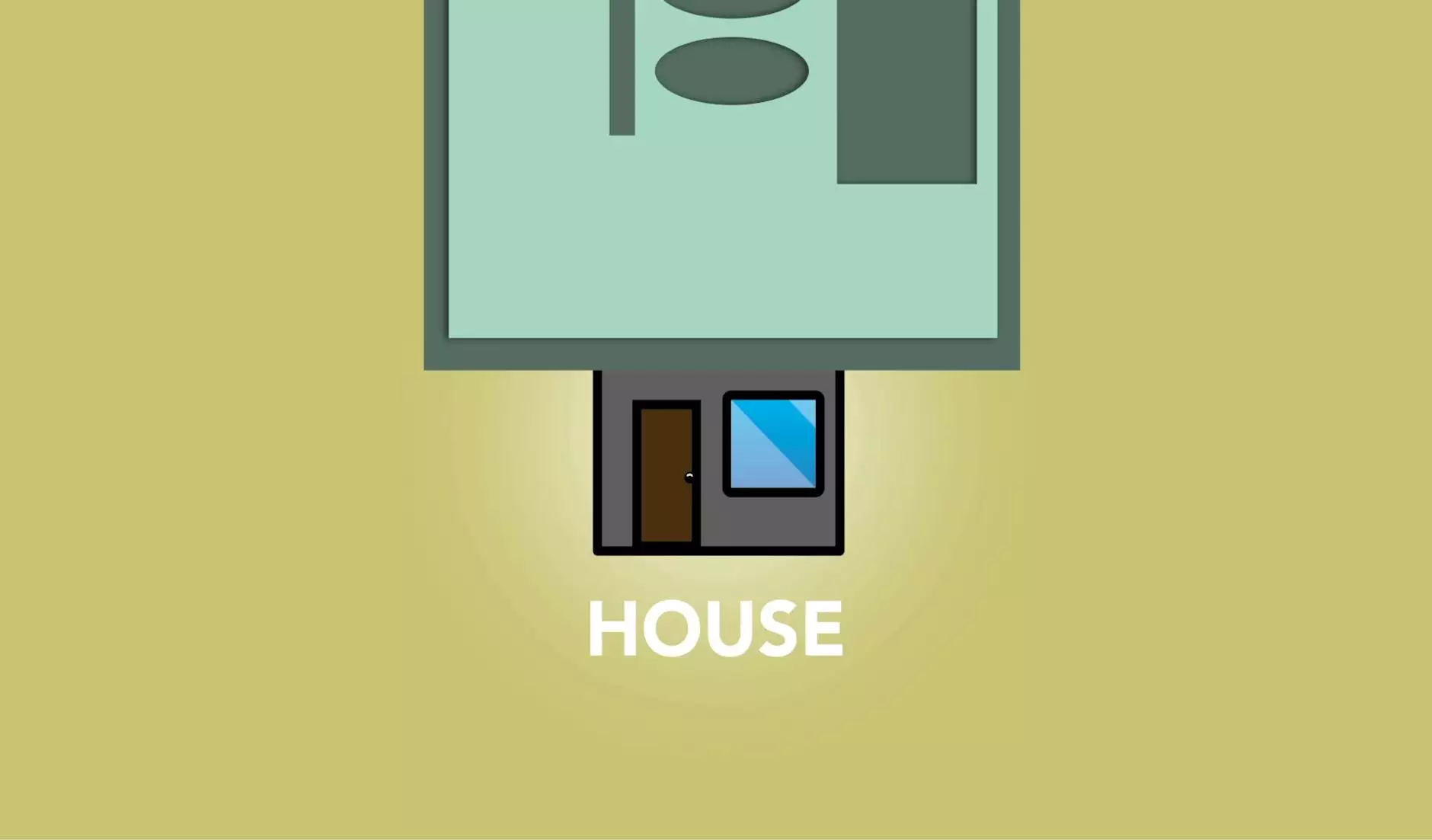Understanding Capped Value in Property Taxes

Capped value on property taxes is a crucial concept that property owners should be aware of to navigate the complex landscape of tax assessments and payments. In this comprehensive guide, we will delve into the intricacies of capped value, its meaning, implications, and how it impacts property taxes.
What is Capped Value?
Capped value refers to the maximum amount by which the taxable value of a property can increase annually, regardless of its actual market value. This provision is typically put in place to protect property owners from sudden and substantial increases in property taxes due to rising property values.
The Meaning Behind Capped Value
Understanding the concept of capped value is essential for property owners to grasp the dynamics of property tax assessments. When a property's market value experiences a surge, the capped value limits the annual increase in the property's taxable value, thereby providing a level of predictability and stability in property tax expenses.
Implications of Capped Value on Property Taxes
The presence of capped value in property taxes can have significant implications for property owners. It offers a degree of protection against steep tax hikes resulting from booming real estate markets. By capping the taxable value growth, property owners can budget more effectively and avoid sudden financial burdens associated with escalating property taxes.
How Capped Value Affects Property Tax Assessment
When assessing property taxes, local authorities take into account various factors, including the property's market value, the applicable tax rate, and any relevant caps on taxable value growth. The presence of capped value plays a critical role in determining the final tax liability of a property owner, influencing the overall tax assessment process.
Exploring the Dynamics of Capped Value
The dynamics of capped value in property taxes can vary depending on the jurisdiction and specific regulations governing tax assessments. Property owners should be well-versed in the nuances of capped value systems in their area to make informed decisions regarding property ownership and tax obligations.
Conclusion
In conclusion, capped value in property taxes is a vital component of the tax assessment framework that provides stability and predictability for property owners. By understanding the implications of capped value and its role in property tax assessment, property owners can navigate the taxation process with greater clarity and confidence.









